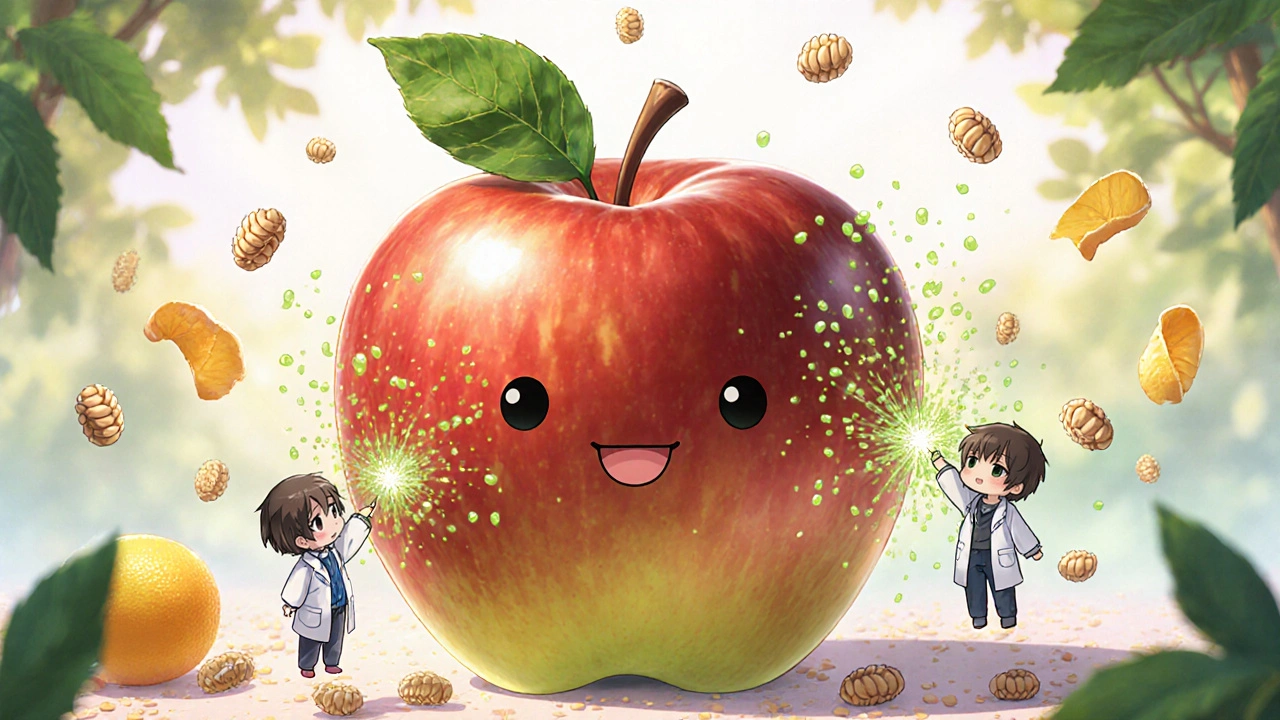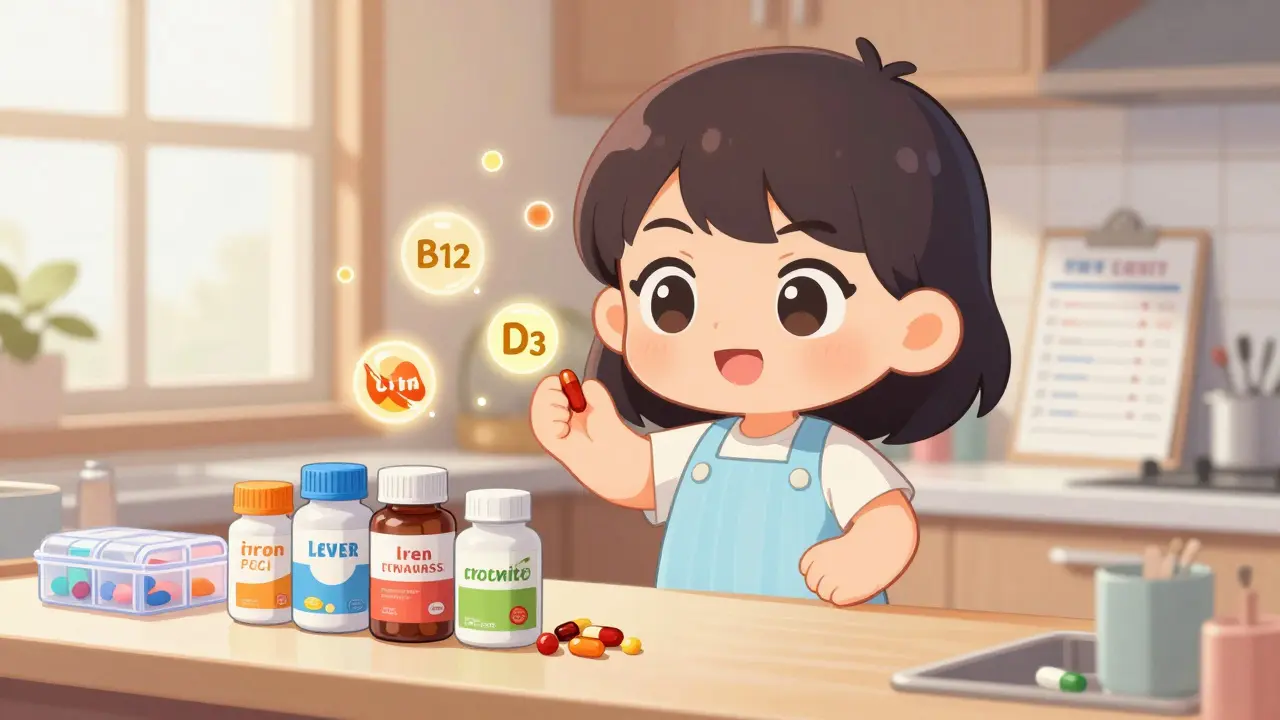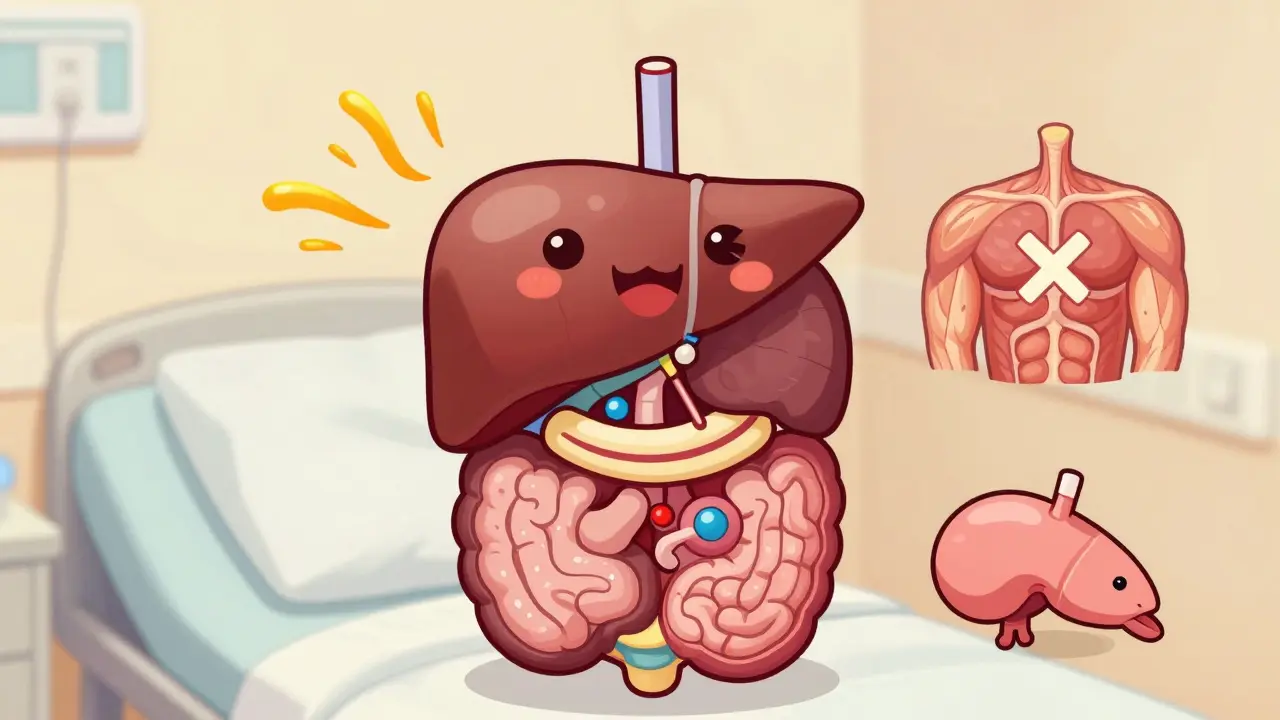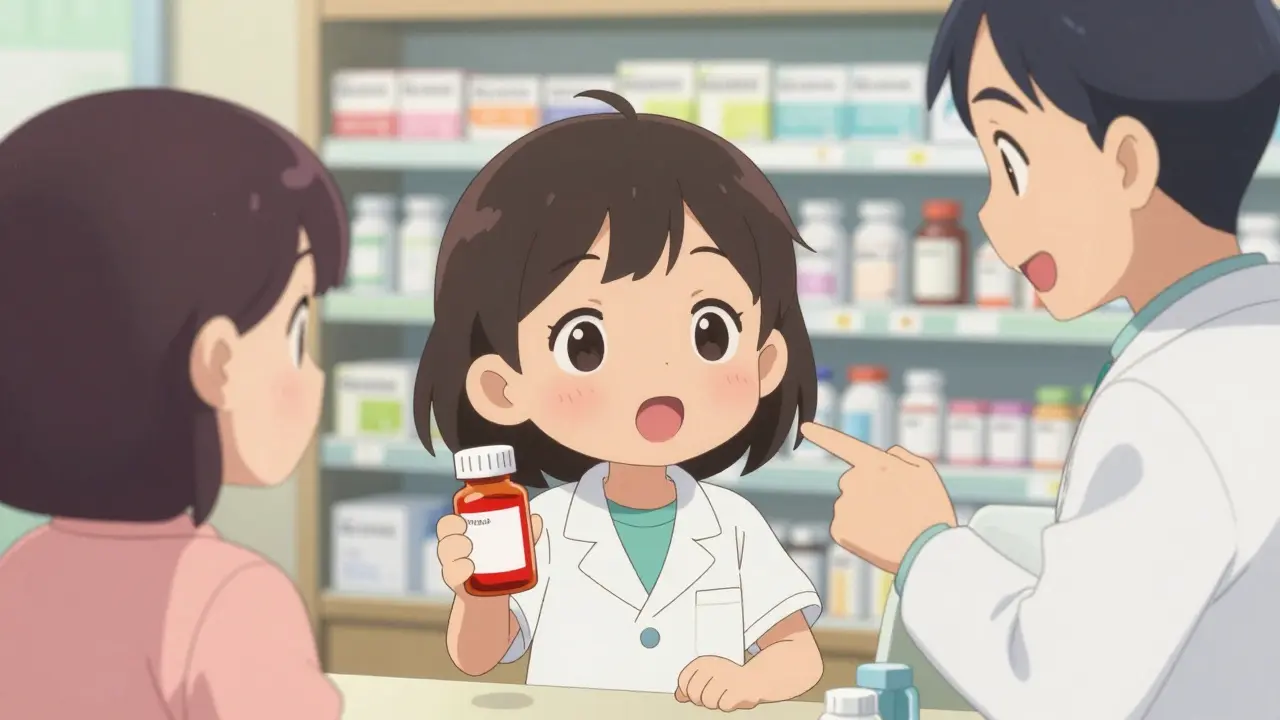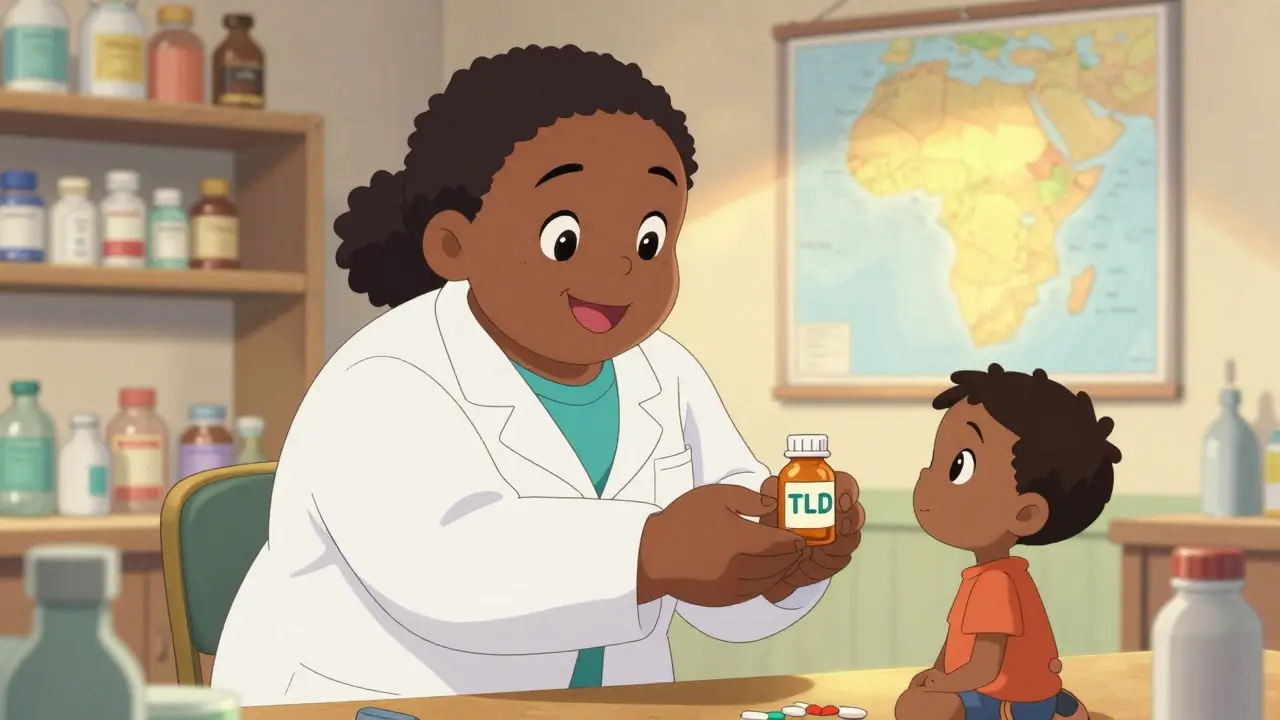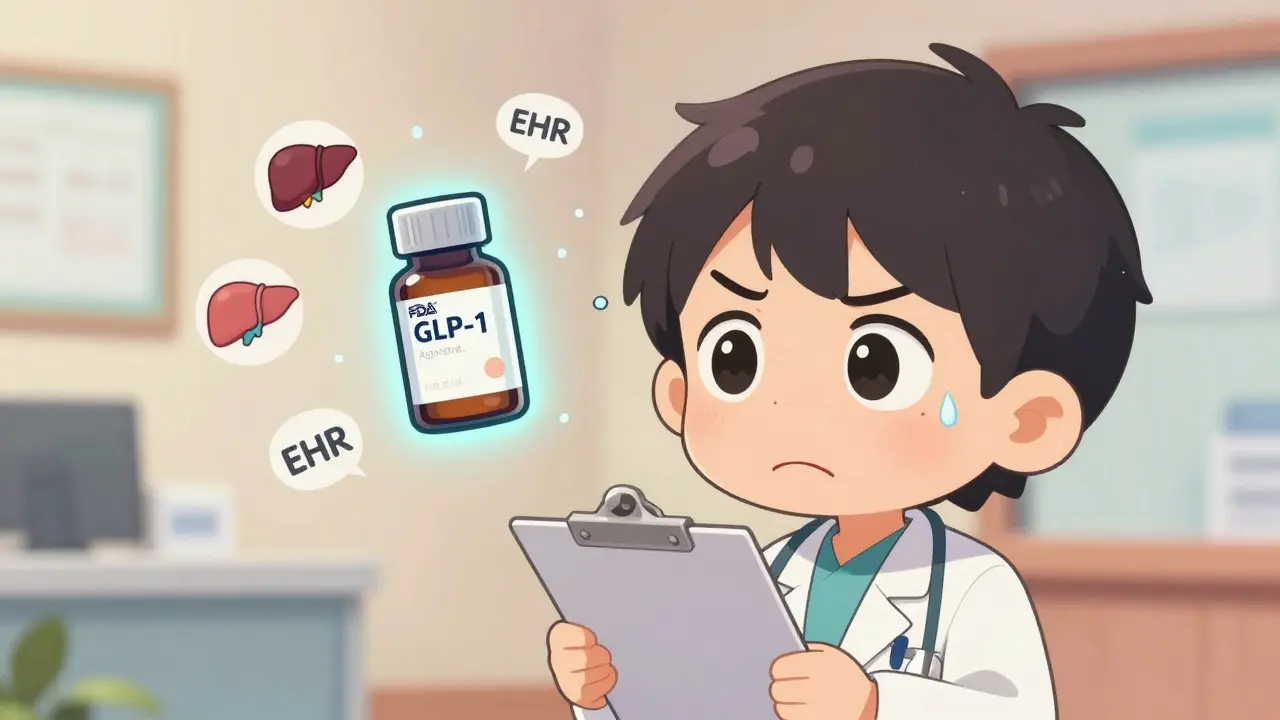Natural Flavonoid: What They Are, How They Work, and What Science Says
When you eat an apple, drink green tea, or snack on blueberries, you’re getting something called a natural flavonoid, a type of plant compound known for its antioxidant and anti-inflammatory effects. Also known as dietary polyphenols, these molecules don’t just add color to your food — they help protect your cells from damage, support blood vessel function, and may even lower your risk of chronic diseases.
Natural flavonoids show up in dozens of foods you already eat. Citrus fruits have hesperidin, onions and apples carry quercetin, dark chocolate contains epicatechin, and green tea is packed with epigallocatechin gallate (EGCG). These aren’t supplements you need to buy — they’re part of your daily diet. Research from the American Journal of Clinical Nutrition shows people who regularly eat flavonoid-rich foods have lower rates of heart disease and stroke. It’s not magic. It’s chemistry. These compounds neutralize free radicals, reduce swelling in blood vessels, and help your body manage stress at the cellular level.
They’re not just for your heart. Studies have linked certain flavonoids to improved brain function, better insulin sensitivity, and even reduced risk of some cancers. For example, quercetin has been studied for its role in calming allergic reactions, while anthocyanins in berries may help slow cognitive decline. You won’t find a single pill that does all this — but you will find it in a handful of berries, a cup of tea, or a square of dark chocolate. The key isn’t taking more — it’s eating more variety.
What’s missing from most discussions is how these compounds interact with your body over time. Unlike drugs, flavonoids don’t hit you with a sudden effect. Their power builds slowly — through consistent intake. That’s why the posts below focus on real-world impacts: how flavonoids relate to blood pressure meds, why they matter for people on long-term antibiotics, and how they fit into diets that support liver and gut health. You’ll see how they connect to medications like statins, antihypertensives, and even anticoagulants — not because they replace them, but because they change how your body responds to them.
There’s no need to chase expensive extracts. The science is clear: the best source of natural flavonoids is whole food. And if you’re already reading about drug interactions, side effects, or natural alternatives, you’re probably looking for ways to feel better without adding more pills to your routine. That’s exactly what the articles below deliver — practical, no-fluff insights into how everyday plant compounds fit into real health decisions.
